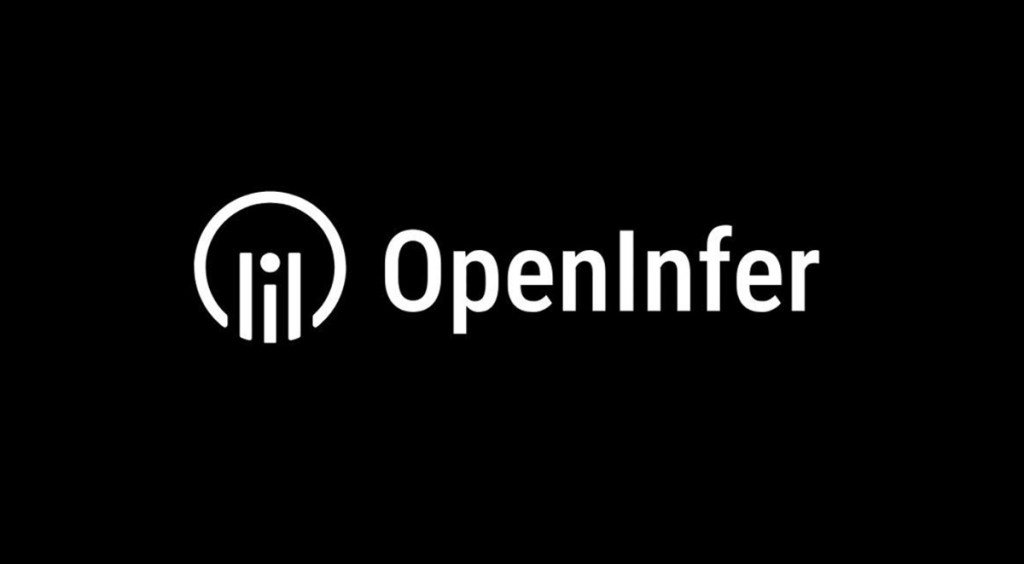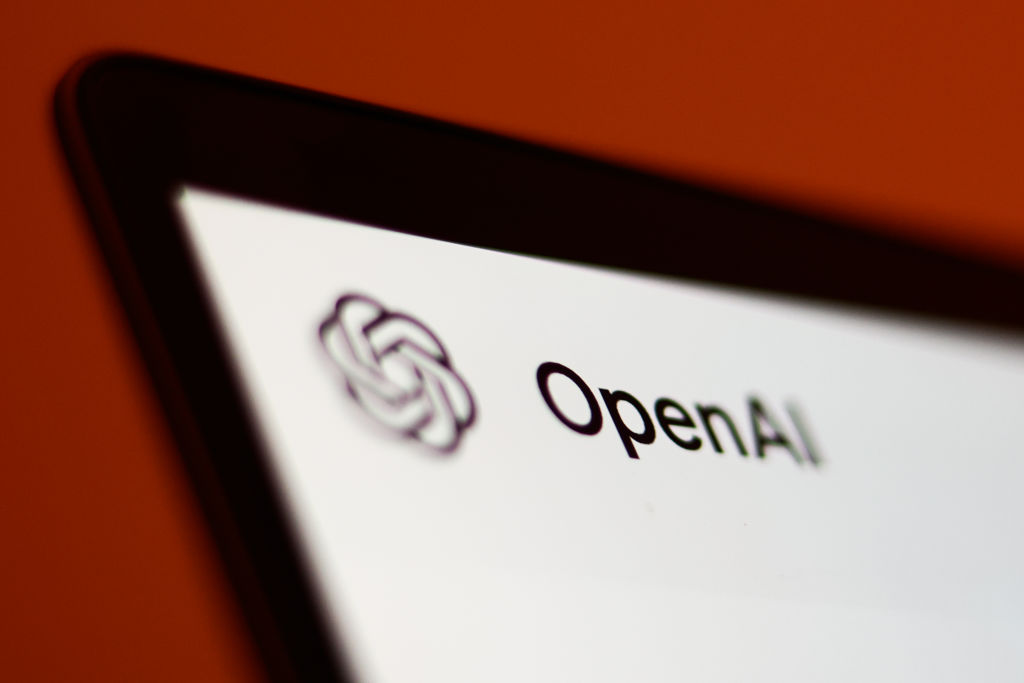Openinfer raised $ 8 million in funding to redefine AI recognition for side applications.
This is the brain of Behnam Bastani and Reza Naurai, who has spent nearly a decade of developing and scalving AI systems together in Meta's reality labs and Roblox.
Through their work ahead of the AI and system design, Bastani and Naurai themselves have witnessed how deep the architecture of the system enables the continuous, large-scale AI understanding. However, AI recognition now remains locked behind cloud APIs and hosted systems-a barrier for low-lattency, private, and excellent side applications. Openinfer changed it. It wants to divert the types of side devices, Bastani said in an interview with Gamesbeat.
By enabling seamless implementation of large AI models directly to devices – from socs to clouds – Openinfer removes these obstacles, enabling AI models without compromising performance .
The implication? Imagine a world where your phone expects your real time needs-immediately translating languages, enhancing pictures with a studio quality accuracy, or power of a voice assistant who truly understands you . By understanding AI directly on your device, users can expect faster performance, greater privacy, and uninterrupted operation no matter where they are. This change removes lag and carries clever, high-speed computing in the palm of your hand.
OPENINFER ENGINE: AI Agent Inference Engine

Ever since the company was promoted six months ago, Bastani and Naurai gathered a team of
Seven, including former colleagues from their time in meta. While in the meta, they built Oculus
Link together, showing their low-lattency expertise, high performance system design.
Bastani had previously served as the architectural director of Meta's Reality Labs and LED teams at
Google focuses on mobile rendering, VR, and display systems. Most recently —but, he's an elder
Director of Engineering for engine AI in Roblox. Naurai holds senior duties in engineering
Graphic and playing industry leaders including Roblox, Meta, Magic Leap, and Microsoft.
Openinfer builds an openinfer engine, what they call the “AI Agent Inference Engine”
Designed for incompatible performance and seamless integration.
In order to carry out the first goal of incompatible performance, the first release of Openinfer
Engine delivers 2-3x faster recognition compared to llama.cpp and ollama for distilled deepseek
Models. This strengthening is derived from targeted optimization, including the air -lined handling of
Volume values, enhanced memory access by enhanced caching, and specific model
TUNE – all without the need for changes in models.
To accomplish the second goal of the seamless integration with the effortless deployment, the
The openinfer engine is designed as a drop-in replacement, allowing users to move to endpoints
Simply by updating an URL. Existing agents and frameworks continue to operate seamlessly,
without any changes.
“Openinfer advances marked a major leap for AI developers. By significant strengthening
Speed of recognition, Behnam and his team make real-time AI applications more responsive,
accelerated developing cycles, and enabling powerful models to run well on the side
device. It opens new possibilities for on-device intelligence and expands what is possible in
AI's innovative driven, “says Ernestine Fu Mak, manages the Brave Capital partner and a
Investor in openinfer.
Openinfer is leading the optimization of specific hardware to drive high-performance AI Inference
In large models – leaders of the industry industry on side devices. By designing recognition from
The ground up, they open higher throughput, lower memory use, and seamless
Implementing local hardware.
Future roadmap: seamless AI Inference on all devices
Openinfer's launch has been properly timed, especially in recent Deepseek news. As Ai adoption
Speed, recognition has reached the training as the main driver of the compute demand. While
Innovations such as Deepseek reduce computational requirements for both training and recognition,
Edge -based applications still compel performance and efficiency due to limited processing
power. Running large AI models on consumer devices demands new tendency methods that
Enable low-lattency, high-throughput performance without relying on cloud infrastructure,
Creates significant opportunities for companies that optimize AI for local hardware.
“If there is no openinfer, recognizing AI on side devices is ineffective due to the absence of a clear
Hardware abstraction layer. This challenge makes the removal of large models
Incredible platforms that are incredibly difficult, push AI workloads back to
Cloud – where they become expensive, slow, and depends on network conditions. Openinfer
Changing the side -to -side, “said Gokul Rajaram, an investor in openinfer. Rajaram is
An angel investor and currently a member of the Coinbase and Pinterest board.
In particular, Openinfer is uniquely positioned to help silicon and hardware vendors enhance AI
Performance performance on devices. Businesses that require on-device AI for privacy, cost, or
Reliability can be used openinfer, with major applications in robotics, defense, AI agents, and
Model Development.
In mobile gaming, Openinfer technology allows ultra-response gameplay with real-time
Adaptive ai. In-system enabling allows for reduced latency and smarter in-game
Dynamics. Players will enjoy smooth graphics, personalized challenges powered by AI, and a
It is even more exciting experience that emerges in every movement.
“In the openinfer, our vision is seamless to include AI on every surface,” Bastani said. “We aim to establish an openinfer as a default inference engine on all devices-AI enables self-driving cars, laptops, mobile devices, robots, and more.”
Openinfer raised a $ 8 million seed spinning for the first financing. Investors included
Brave capital, Cota Capital, Essence VC, operator stack, stemai, Oculus VR co-founder and former CEO Brendan Iibe, Chief Product Officer of Google Deepmind Apar Chennapragada, angel investor Gokul Rajaram, and others Pa.
“The current AI ecosystem is dominated by some centralized players who control access to access to
Understand by cloud APIs and Hosting Services. In Openinfer, we change that, ”said
Bastani. “Our name reflects our mission: We are 'opening' accessing AI Inference – giving
Each person has the ability to run powerful AI models locally, without locking in expensive clouds
Services. We believe in a future where AI, decentralized, and truly in the hand of
its users. “




